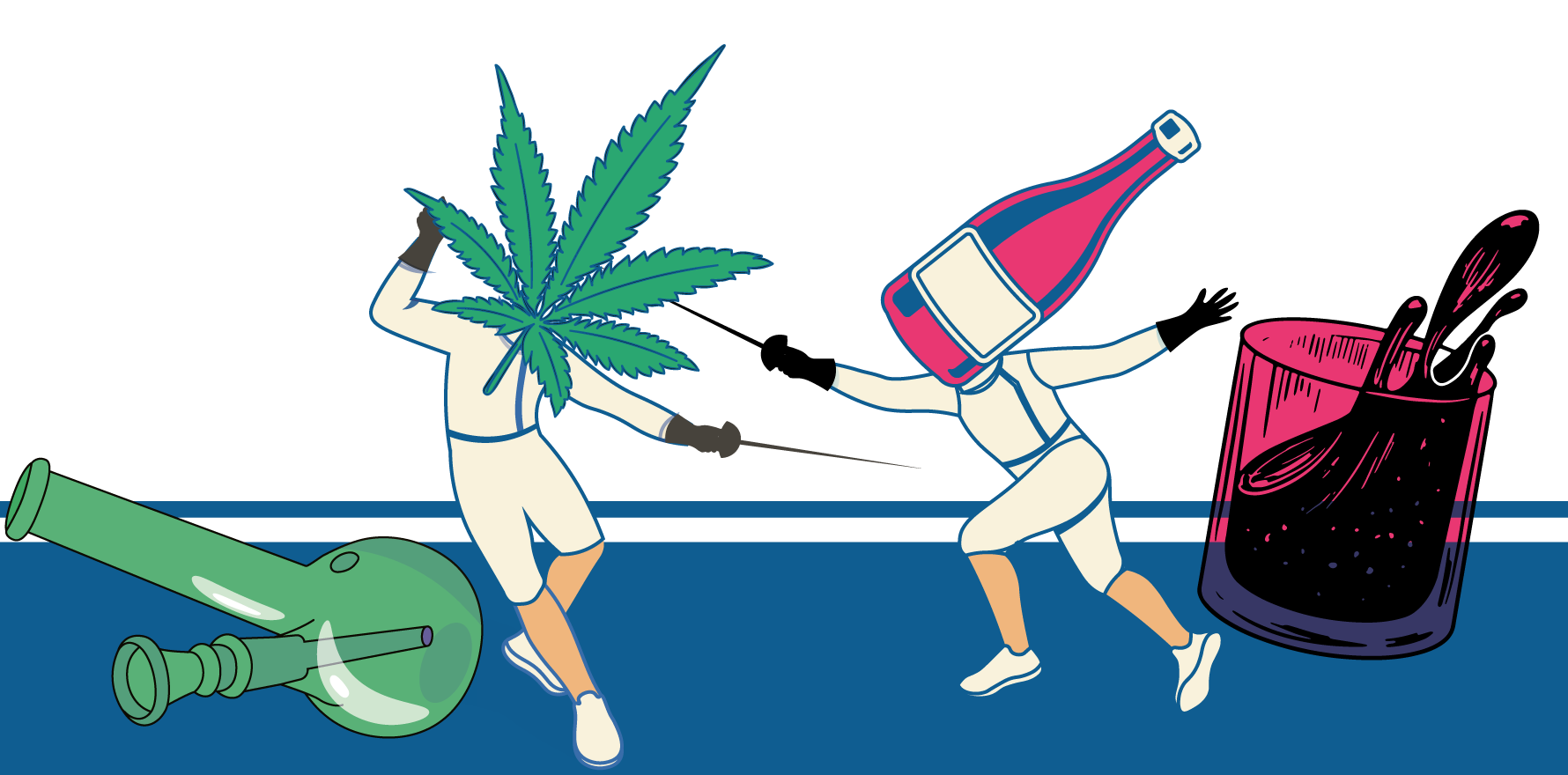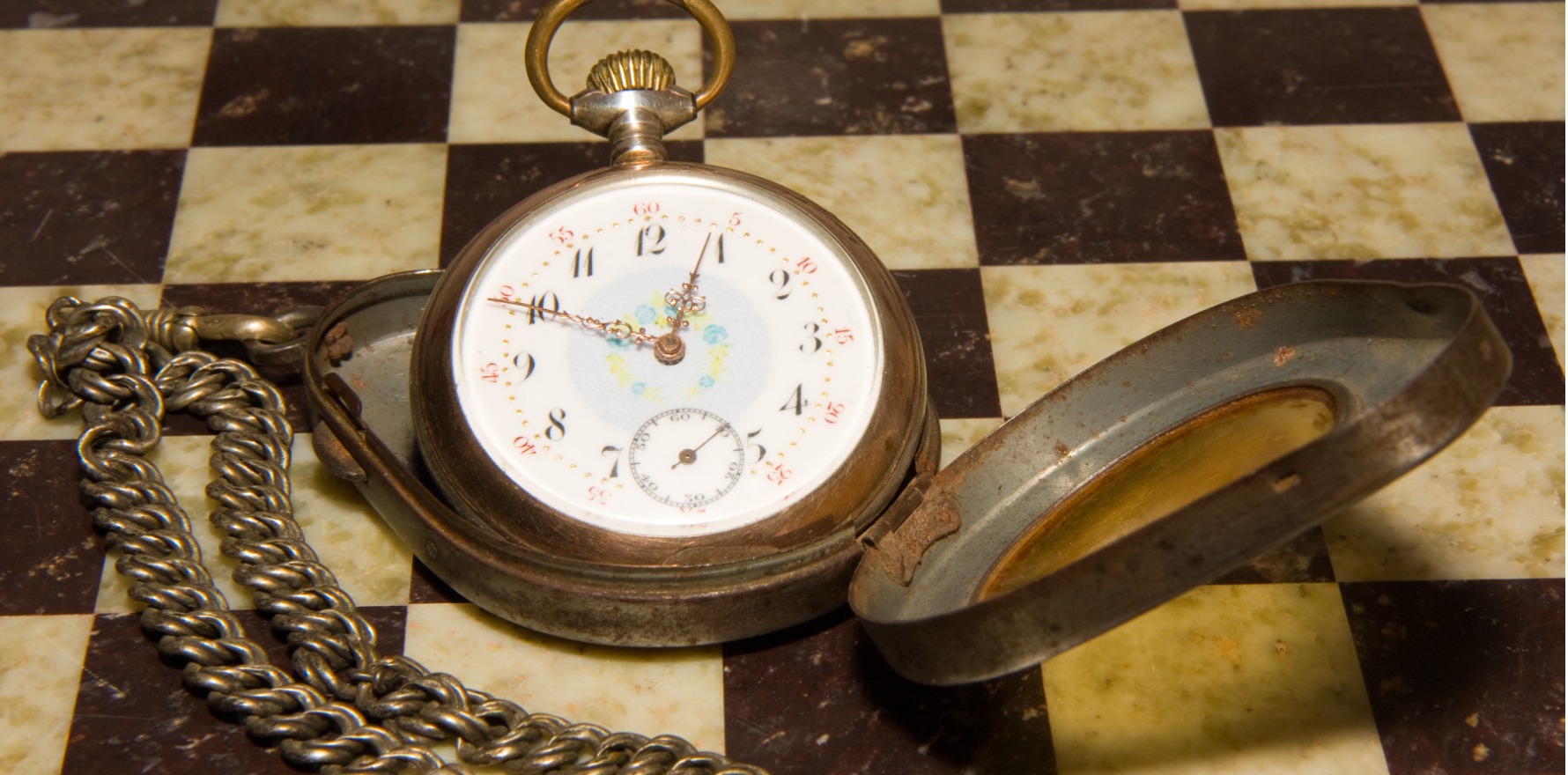RACGP Victoria has relaunched a training program while the NSW government is offering scholarships for GPs to skill up in this area.
As the number of GPs willing to treat patients for opioid dependence falls nationwide, states are ramping up efforts to get doctors trained and interested in the topic.
Down south, the RACGP’s Victorian branch has relaunched the Medication Assisted Treatment for Opioid Dependence (MATOD) program.
Meanwhile in NSW, the state government is funding scholarships for GPs and nurse practitioners to do a one-day opioid treatment prescribing course.
Each scholarship is $2000 in total and goes to three applicants each quarter.
It’s broken down into two payments: $750 for practitioners to do the one-day Opioid Treatment and Accreditation Course and a further $1250 paid once they have completed accreditation and prescribed opioid pharmacotherapy to their first patient.
RACGP addiction spokesperson Dr Hester Wilson – who is a course facilitator for the program – encouraged her fellow GPs to apply.
“[The scholarship payment] is a recognition that, particularly when you’re getting started, there’s a bit of to-ing and fro-ing and working out the paperwork,” she told The Medical Republic.
While the administrative burden of taking on opioid-dependant patients can be a deterrent for some GPs, Dr Wilson said most doctors ultimately find it worth the trouble.
“Once they start, [GPs tend to say] ‘actually this is nice – I get to see this person regularly, I can see the benefit of having a strong therapeutic alliance and working together,’” she said.
“This is a treatment that works.”
Related
National Opioid Pharmacotherapy Statistics Annual Data from 2022 found that around 80% of opioid dependence treatment occurred in the private prescriber setting, delivered by just 2400 different providers. The vast majority of these private prescribers, according to Dr Wilson, are GPs.
Doing some back-of-envelope calculations, Dr Wilson put the proportion of GPs who do opioid addiction treatment at around 5%.
“The reality is that we are we are the main prescribers,” she said.
“We are the majority prescribers and prescribing for the majority of people, but we still need more [of us].”
According to the national dataset, around half of the people with opioid dependency are in treatment.
“And there would be multiple reasons why [they’re not doing so], but a really important one is that they’ve got nowhere to get it,” Dr Wilson said.
The other problem facing the sector – particularly in Victoria, according to Dr Wilson – is that a number of existing prescribers are either retiring or moving away.
RACGP Victoria chair Dr Anita Munoz said the “harsh and punitive” regulatory environment had scared GPs away from prescribing for pain and addiction.
“Since its inception, Medicare has not recognised that good quality care comes from spending time with patients – it rewards fast medicine,” she told TMR.
“In the dependence space, particularly when there are many other things going on in the person’s life simultaneously, the single most important element that you can introduce to the therapeutic relationship is adequate time.”
It is in recognition of that fact that the Victorian arm of the college has resurrected its MATOD program.
Although it was a successful and well-received program, MATOD ran out of state government funding several years ago.
“It’s designed to help general practitioners create a framework for approaching patients with substance dependence,” Dr Munoz said.
“Addiction medicine has multiple facets and often involves people living quite complex lives, but it’s very doable and does belong in general practice in the vast majority of cases.”





